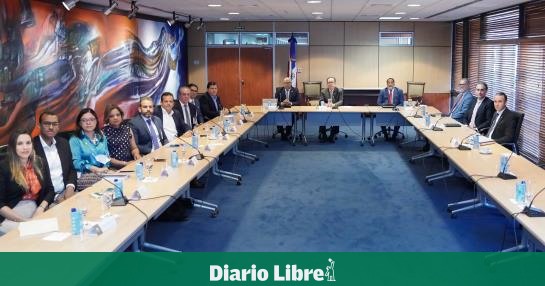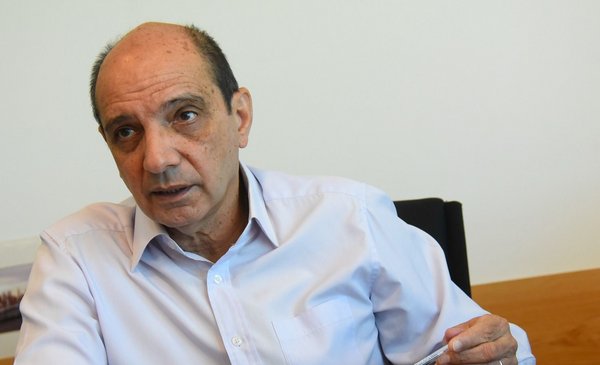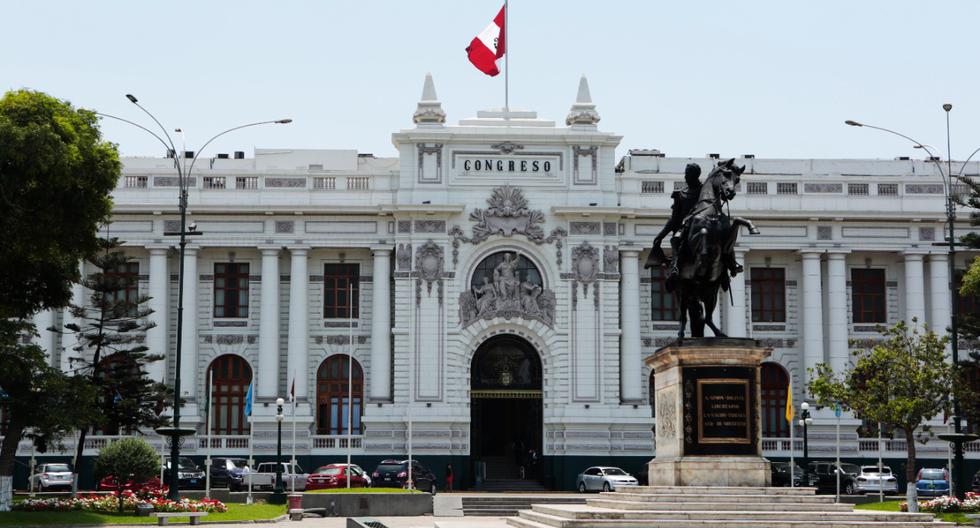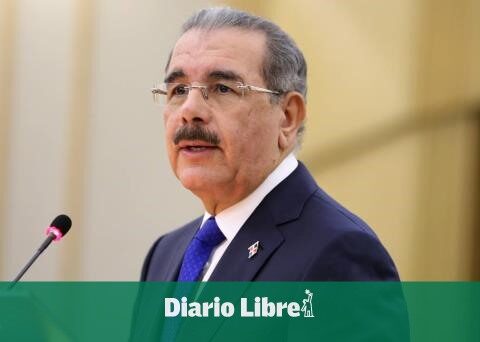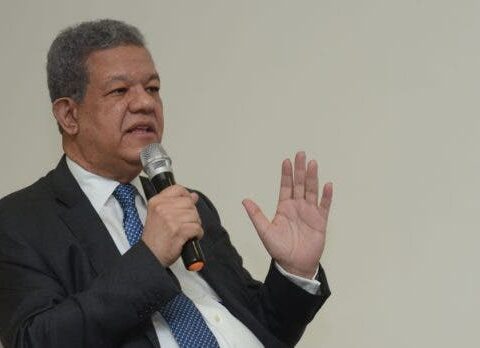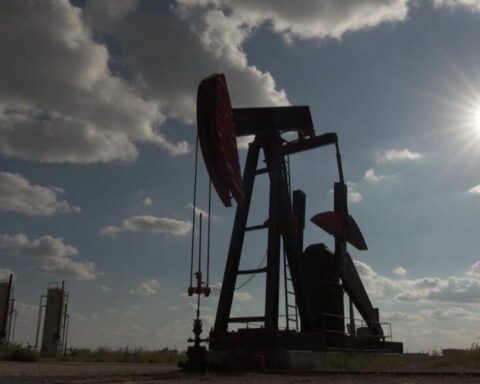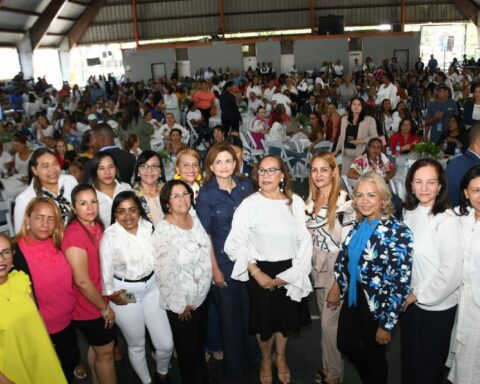The Governor of central bank from the Dominican Republic, Hector Valdez Albizuheld a meeting with the board of directors of the Dominican Association of Home Builders and Promoters (Acoprovi), headed by its president, Jorge Montalvo, in which the incidence of inflation and the increase in construction costs in the sector were addressed.
Montalvo expressed the recognition on behalf of Acoprovi to the central bank by the set of macroeconomic measures that allowed maintaining the dynamism of the construction sector in times of incidence of COVID-19, and even currently achieve greater dynamism than the pre-pandemic period.
He also explained that there is a lot of interest in the sector to address the challenges of the climate of uncertainty that the world is experiencing as a result of the war between Russia and Ukraine, which affects, among other things, the price of imported inputs for the sector.
He highlighted the good resilience achieved by the sector, “thanks to an expansion policy that led to the achievement and sale of projects”. At the same time, he pointed out that today there are over 35,000 homes on offer throughout the country, which represents 82% of the total that is being built.
On his side, Governor Valdez Albizu stated that construction, which had a growth of 6.3% for the period January-March 2022, has always been a priority sector for the country, especially due to job creation and its impact on the economy growing.
He recalled that the BCRD placed RD$215 billion through commercial banks, under conditions of an interest rate of 3% for banks, with the guarantee of titles issued by the BCRD and by the Ministry of Finance, an unprecedented measure in recent years. other central banks in Latin America. Thanks to this, he said, over 93,000 loans were made, which the productive sectors, households and MSMEs were able to use to preserve their activities, without forgetting the boost it gave to the construction sector.
This behavior made it possible for the Dominican economy to recover faster than expected, with a notable growth of 12.3% for the year 2021, equivalent to an expansion of 4.7% compared to the real production level of the year 2019, prior to the pandemic.
The good performance has been maintained in the first quarter of this year with an accumulated growth of 6.1%, with a projection, according to the International Monetary Fund (IMF), of a growth of 5.5% by 2022, positioning it as the third largest economy in the world. higher increase at the end of the year.
Change in monetary policy
Valdez Albizu explained that, contrary to the expansive monetary policy necessary at the time to mitigate the adverse effects of the COVID-19 crisis on companies and households, it is now time to implement a monetary normalization policy that contributes to balancing production with real demand, with the purpose of counteracting inflationary pressures of external origin.
In that sense, he said that from November 2021 the central bank has been gradually raising the Monetary Policy Rate to 5.50% per year, after an accumulated increase of 250 basis points, consistent with what has been done in advanced economies and in other Latin American countries.
He said that at the spring meeting of the Western Hemisphere of the International Monetary Fund (IMF), recently held in Washington, which he attended as one of the members of the board of directors, the context of the current crisis was already addressed, in what the governor called ‘a perfect storm upon another perfect storm’, referring to the succession after the pandemic and the war in Ukraine. This scenario of high uncertainty was exacerbated by the increase in container transport prices and the rise in commoditiesespecially in fuels and food inputs, such as wheat, soybeans, sorghum and corn.
He assured that the central bank will continue to monitor these external pressures in order to continue adopting the necessary measures in a timely manner to facilitate the gradual convergence of inflation to the target range; as well as preserve the relative stability of the exchange rate and contribute to maintaining favorable conditions for investment and production.
During the meeting, the governor was accompanied by the manager, Ervin Novas Bello; the deputy general manager, Frank Montaño; the economic adviser of the Government, Julio Andújar Scheker; the Deputy Manager of Regulation and Financial Stability, Ramón A. Rosario; and the director of the Financial Regulation and Stability department; Maximo Rodriguez.
The representation of Acoprovi it was composed of its president, Jorge Montalvo; Erik Bueno Tejada, first vice president; Annerys Melendez, second vice president; Julisa Burgos, third vice president; Guido Rosario, Vice President Treasurer; Santiago Colomé, first member; Fermín Acosta, advisor. In addition, Dino Campagna, director of the Dominican Chamber of Construction (Cadocon).

